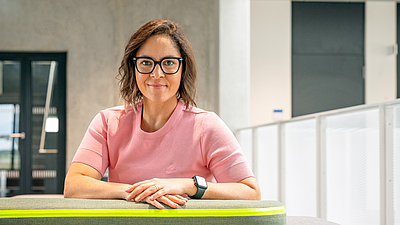
News Biomaterials & Biomolecular Systems


Student Club iGEM
A tattoo as biosensor

EXplained: BioSysteM with Friedrich Simmel
An engineering approach to biology
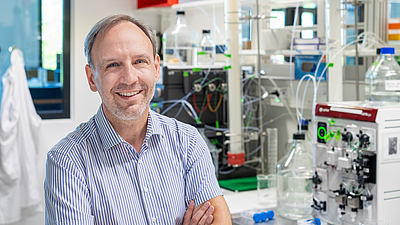
Hollow microparticles for cargo molecules
Slime as a material for multifunctional spheres
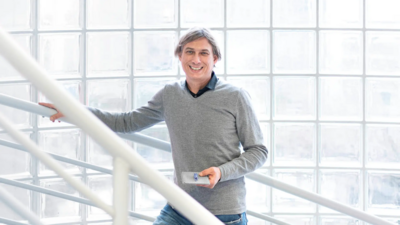
Prof. Friedrich Simmel on the new BioSysteM Cluster of Excellence
"Thinking of biology as technology"
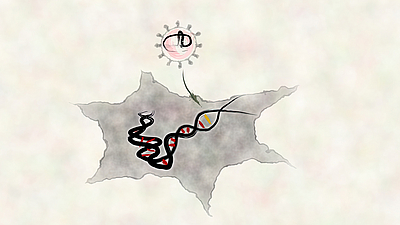
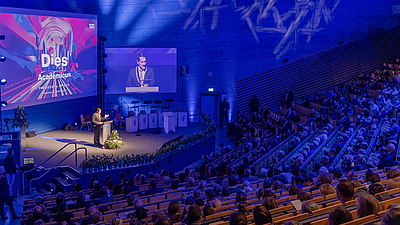
Dies Academicus under the motto "Facta non verba - deeds instead of words"
TUM celebrates a successful 2024
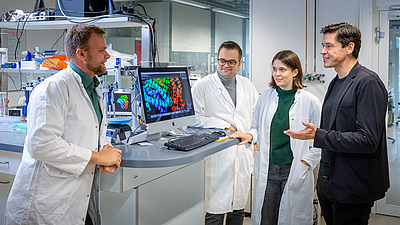
Designing large new proteins with AI
New method for designing artificial proteins
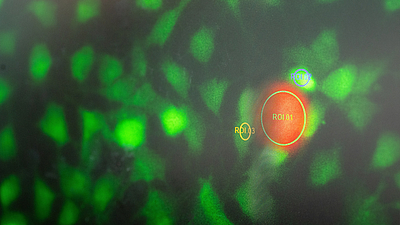
EU funding for projects on medicine, space exploration, software, and biomaterials
Nine ERC Starting Grants awarded to TUM researchers
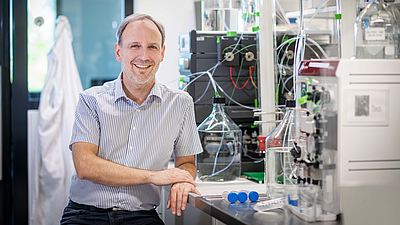
Multi-purpose mucus
What mucins can do in medicine